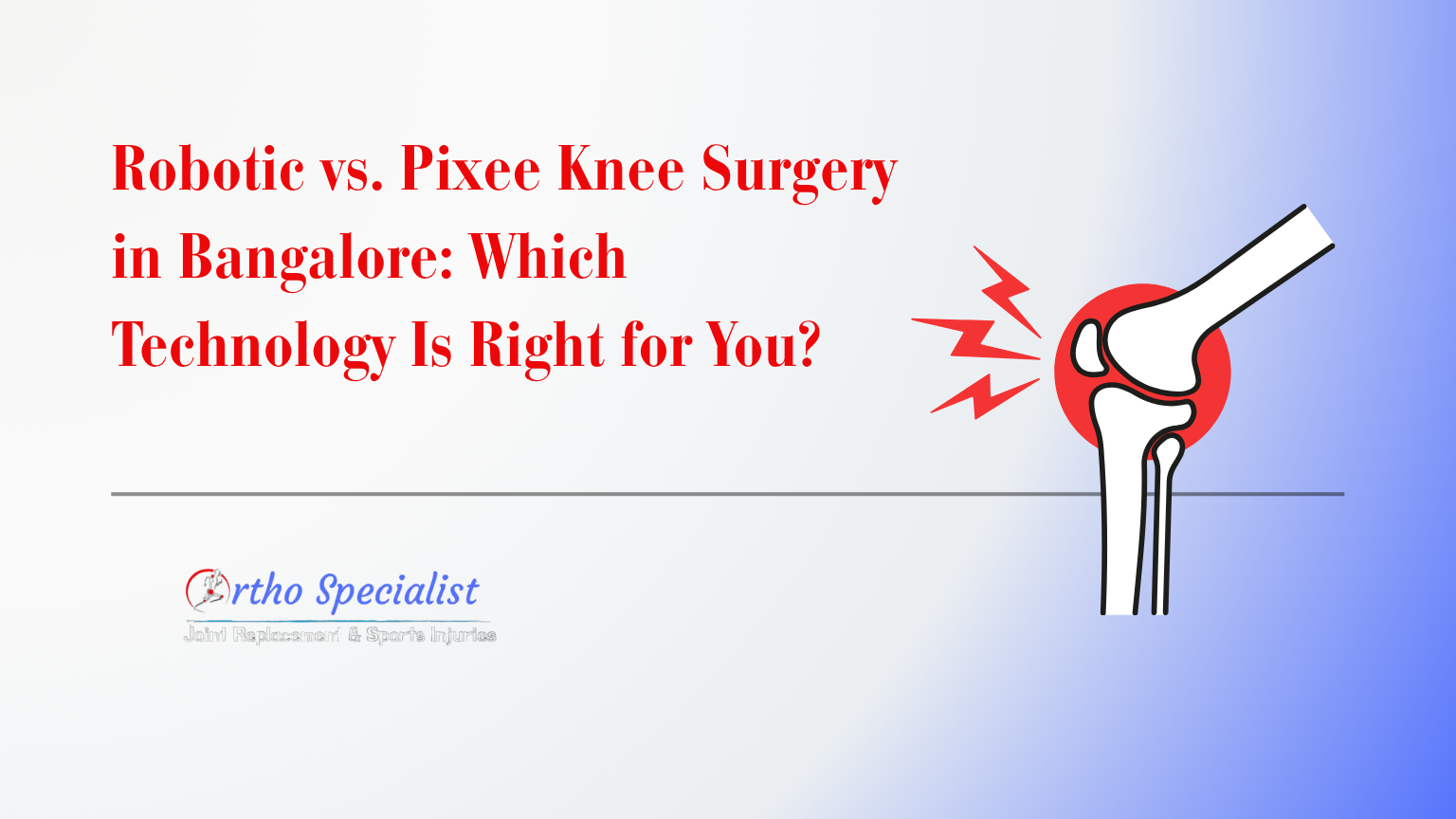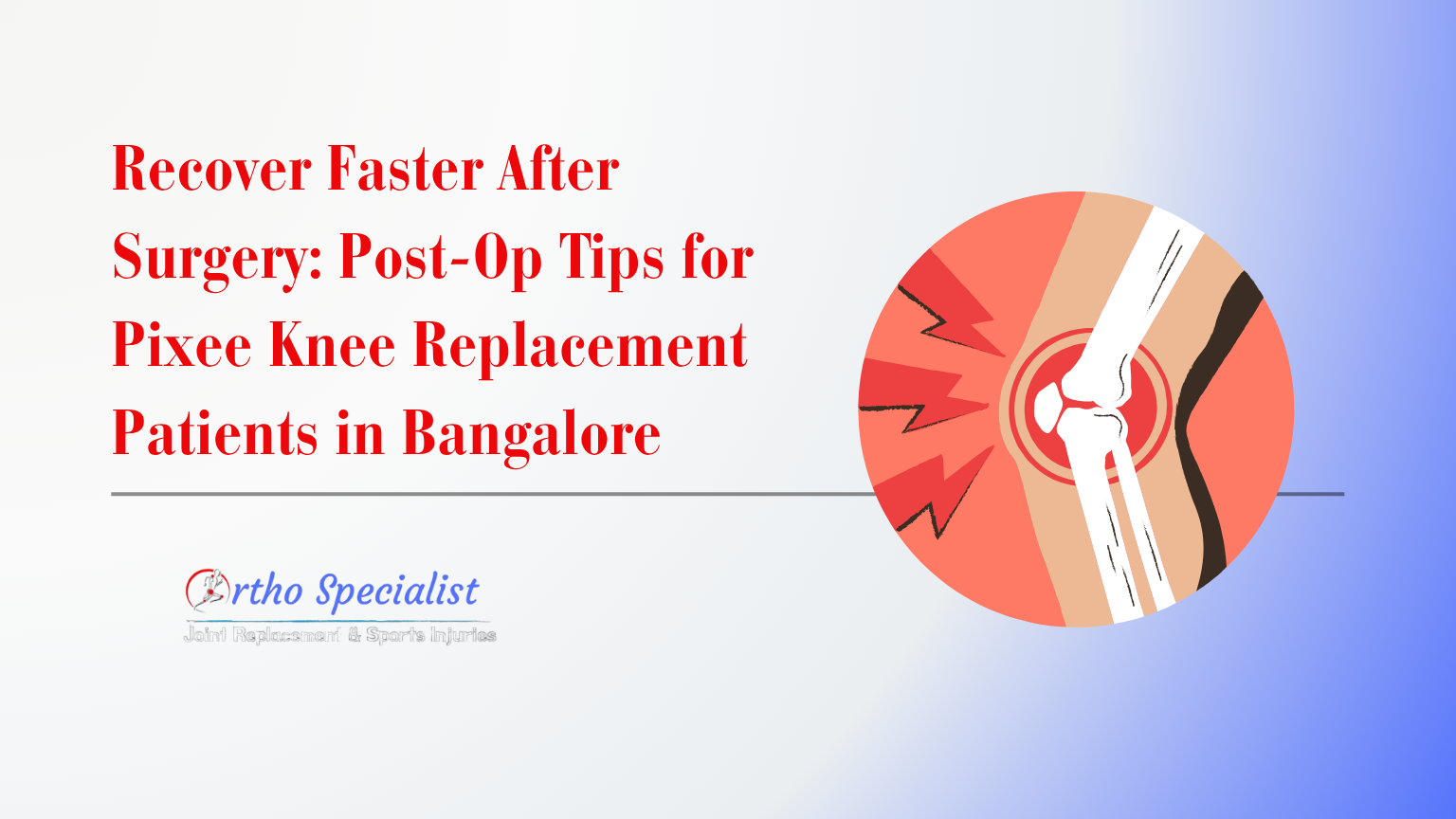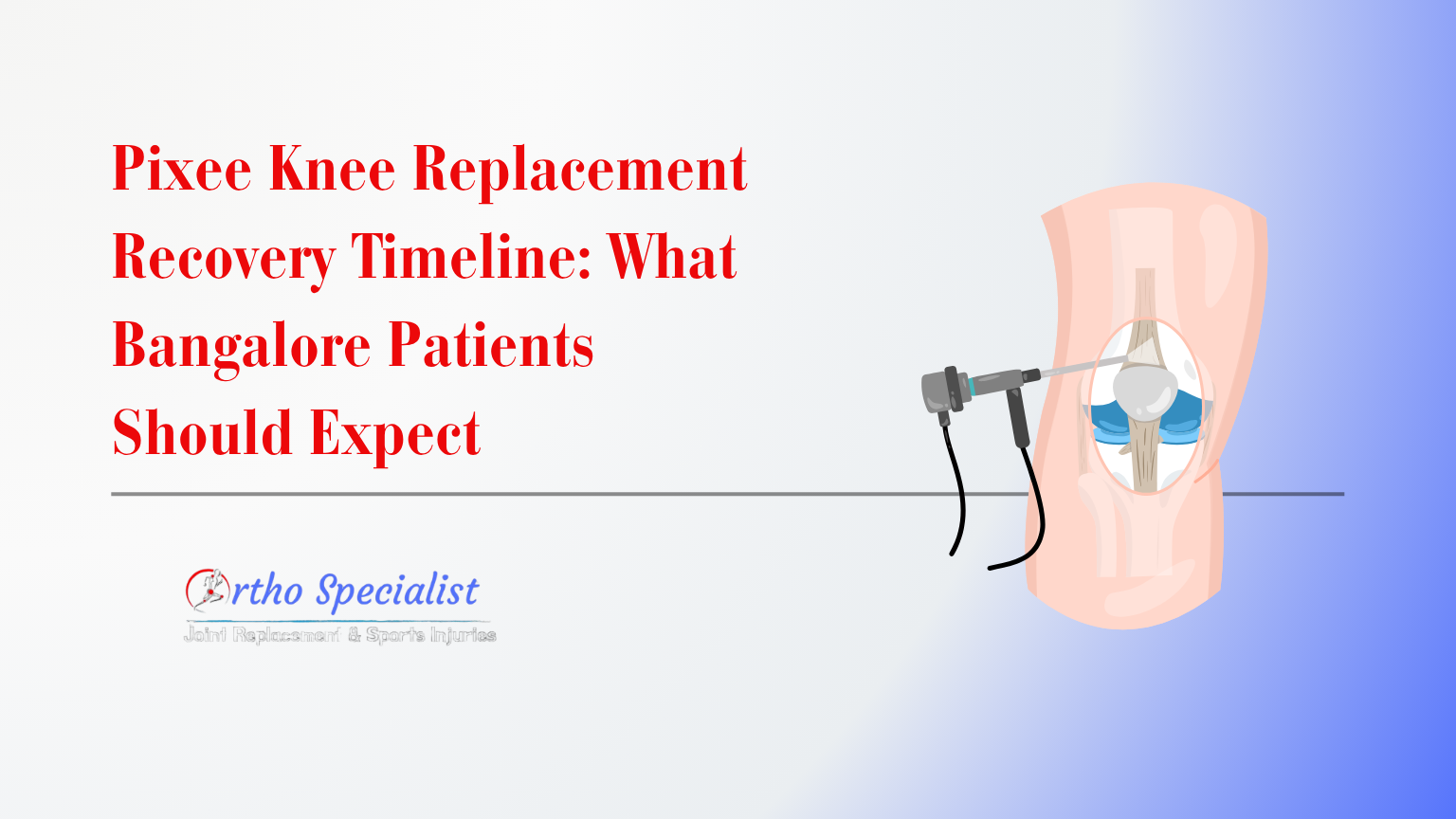Maintaining strong and healthy bones is crucial for overall well-being, mobility, and a high quality of life. Our bones provide structure, protect vital organs, and store essential minerals. As we age, bone density tends to decrease, making it vital to adopt a bone-friendly diet. Here’s everything you need to know about the best nutrition for bone health.
1. Calcium: The Building Block of Bones
Calcium is the primary mineral responsible for bone strength. If your body doesn’t get enough calcium from food, it starts taking it from your bones, leading to weaker bones over time.
- Best Sources: Dairy products (milk, cheese, yogurt), leafy greens (kale, spinach, broccoli), almonds, tofu, and fortified foods (cereals, plant-based milk).
- Recommended Intake: Adults should aim for 1,000-1,200 mg per day.
2. Vitamin D: Essential for Calcium Absorption
Without vitamin D, the body cannot properly absorb calcium, no matter how much you consume. Deficiency can lead to brittle bones and increased risk of fractures.
- Best Sources: Sunlight exposure, fatty fish (salmon, mackerel, tuna), egg yolks, mushrooms, and fortified dairy or plant-based milk.
- Recommended Intake: 600-800 IU per day.
3. Magnesium: The Bone Mineral Booster
Magnesium plays a vital role in bone formation and helps convert vitamin D into its active form, enabling calcium absorption.
- Best Sources: Nuts (almonds, cashews), seeds (pumpkin, flaxseeds), whole grains, legumes, and dark chocolate.
- Recommended Intake: 310-420 mg per day.
4. Protein: Supporting Bone Structure
Protein is essential for bone repair and maintenance. A lack of protein can lead to weaker bones and decreased bone mass.
- Best Sources: Lean meats, poultry, fish, eggs, dairy products, legumes, and nuts.
- Recommended Intake: 0.8 grams per kilogram of body weight per day.
5. Omega-3 Fatty Acids: Reducing Inflammation for Bone Health
Omega-3s help reduce inflammation, which can contribute to bone loss and osteoporosis.
- Best Sources: Fatty fish (salmon, sardines), walnuts, flaxseeds, and chia seeds.
- Recommended Intake: 250-500 mg per day.
6. Vitamin K: Essential for Bone Density
Vitamin K plays a crucial role in bone mineralization and calcium regulation.
- Best Sources: Leafy greens (kale, spinach, Brussels sprouts), broccoli, and fermented foods.
- Recommended Intake: 90-120 mcg per day.
7. Zinc: Strengthening Bone Tissue
Zinc supports bone tissue development and helps prevent bone breakdown.
- Best Sources: Meat, shellfish, nuts, seeds, and whole grains.
- Recommended Intake: 8-11 mg per day.
8. Avoiding Bone-Damaging Foods
Certain foods and lifestyle habits can weaken bones over time. Limit these for better bone health:
- Excessive salt: High sodium intake leads to calcium loss.
- Sugary sodas: Contain phosphoric acid, which can deplete calcium levels.
- Excessive caffeine: Can interfere with calcium absorption.
- Excessive alcohol: Weakens bone structure and reduces calcium absorption.
Conclusion: A Balanced Diet for Lifelong Bone Strength
Strong bones require a combination of nutrient-rich foods, regular exercise, and healthy lifestyle choices. A well-balanced diet rich in calcium, vitamin D, magnesium, and protein ensures optimal bone health. Pairing good nutrition with weight-bearing exercises and avoiding harmful foods will help maintain bone density, prevent fractures, and keep you active for years to come.
By making smart dietary choices today, you can build stronger bones and enjoy a healthier future!






